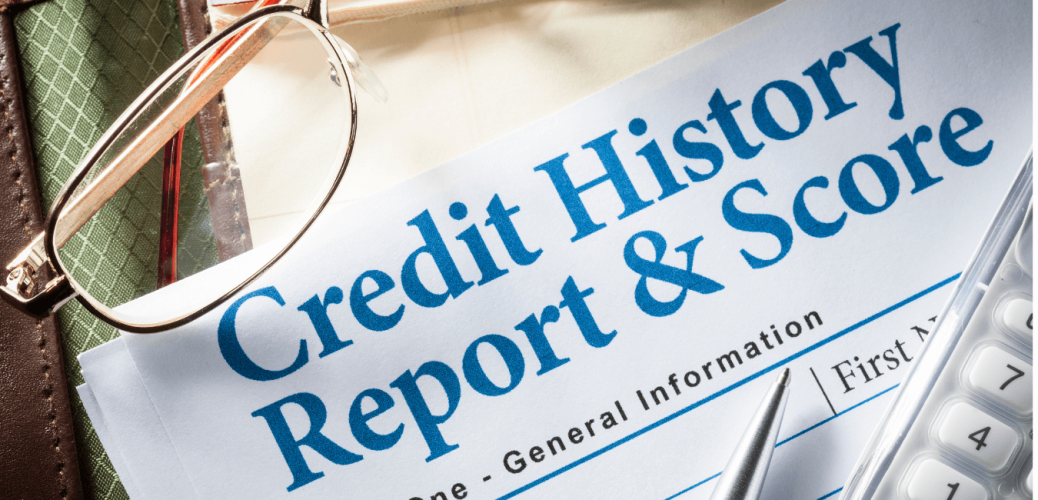If you apply for a loan or credit card, the potential lender will pull a credit report to get an idea of how risky it is to loan money to you. Your credit report is similar to a report card, giving potential lenders information on how well you’ve been handling borrowed money, which includes how much debt you have all together and whether you’ve ever had any late payments.
You may wonder how the credit bureau obtains the information that’s shown on your credit report. The information about your past credit history on each credit report is provided by data furnishers. So, what is a data furnisher?
Information Provided to Credit Bureaus
A data furnisher is a company that provides payment and account information to credit bureaus. Companies that loan money, such as banks, credit unions, mortgage companies, and credit card issuers may be data furnishers. Collection agencies may also be data furnishers. Companies that act as data furnishers may provide information on borrowers to the credit reporting agencies, but they aren’t required to do so.
A company you borrow money from may choose to report to one credit bureau or all three. This is why you may find that the information on your credit reports from each of the three credit bureaus isn’t exactly the same.
Requirements for Data Furnishers
When a lender becomes a data furnisher, they’re required to follow the provisions in the Fair Credit Reporting Act, a law that helps to ensure the privacy, accuracy, and fairness of information provided to the credit bureaus. It also regulates the way information in your credit report is shared. Data furnishers are required to agree that the information provided to the credit bureau will be complete and accurate and that it’s 100% verifiable. They aren’t allowed to report negative items longer than seven years or bankruptcies longer than ten years.
What if Information Provided is Inaccurate?
It’s very important that the information on your credit report is accurate since it may make the difference on whether you’re approved for a loan or credit card. Credit information may affect what the interest rate and terms will be if you’re approved. Your credit could also affect insurance rates and cell phone plans and could even be considered by a potential employer.
Consumers have the right to file a dispute with the credit reporting agency if they believe any of the information provided is inaccurate or incomplete. Data furnishers are generally required to investigate disputes and correct them or confirm they are accurate within 30 days.
Be Proactive About Your Credit
Don’t assume that your credit reports are accurate just because data furnishers agree to provide accurate information to the credit bureau. A surprising number of people, possibly as high as two out of every three people, find errors on their credit reports.
Dovly is an AI credit engine. We can help you track, manage and fix your credit, and we can also help you dispute any errors you find. Try it risk free with our free membership tier. Get in touch with Dovly today.



